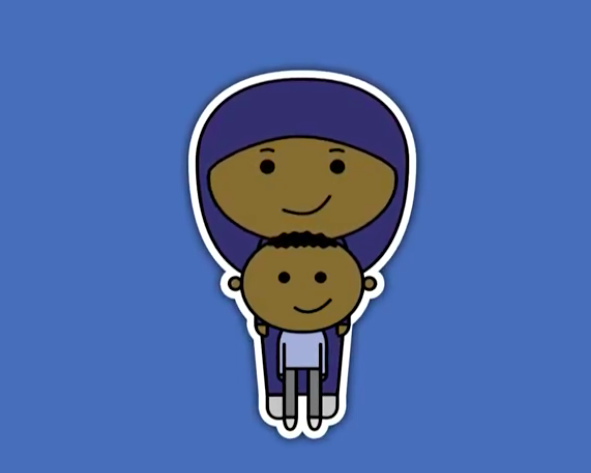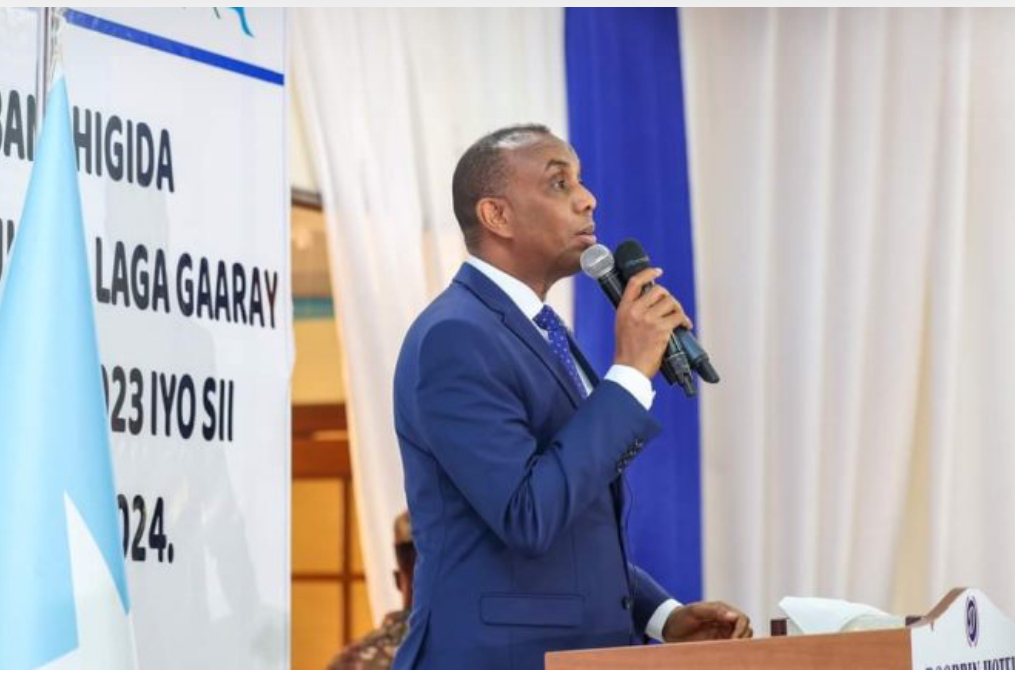Share the post "Autism in the Somali community – myth-busting short films offer advice and top tips for parents"
Like other migrant groups, the Somali community has high numbers of children with autism, many of whom are likely to be severely affected. But there is no Somali word for autism, making it hard to understand and accept….
Autism Independence, led by Nura Aabe, works with over 100 children with autism in Bristol, supporting families from the Somali community and other Black, Asian and minority ethnic backgrounds. Nura came to Bristol from Somalia at the age of 10 and her oldest son has autism. She is now studying for a PhD at the University of Bristol. Autism Independence works with health, social care and education services to bridge the gap between families’ needs and service provision.
Previous research led by the NIHR Applied Research Collaboration West (ARC West) in collaboration with Autism Independence has revealed that cultural stigma surrounding mental health, challenging behaviour and disability means that families in the Somali community often hide their child and don’t seek help early. Parents can feel isolated and don’t engage with support services for their child.
The new films and factsheets build on the success of 2019’s Overcoming Barriers, which tells the stories of some of the Bristol-based Somali families supported by Autism Independence. The Somali language version of Overcoming Barriers has been viewed more than 160,000 times on YouTube, while the English language version reached more than 36,000 views. The new films address some of the issues raised in the hundreds of YouTube comments following the launch of Overcoming Barriers.
Comments included: ‘autism is a Western disease and does not exist in Somalia’, and ‘MMR vaccinations cause autism’. These statements underlined that there is an urgent need to share factually correct information about autism, to counteract these myths and enhance understanding. Misinformation could lead to parents putting off accessing services and support for their children with autism, or not getting their children vaccinated.
The new films and factsheets, available in both English and Somali versions, offer evidence-based advice and top tips, covering:
- Why is my child different?
- What happens if I think my child has autism?
- How can I understand autism from a Somali perspective?
- What support can I get for me and my child?
- Is there a link between vaccinations and autism?




